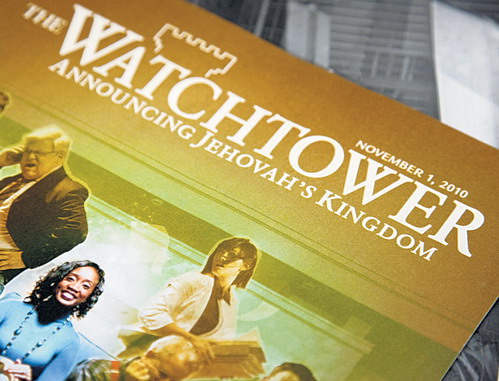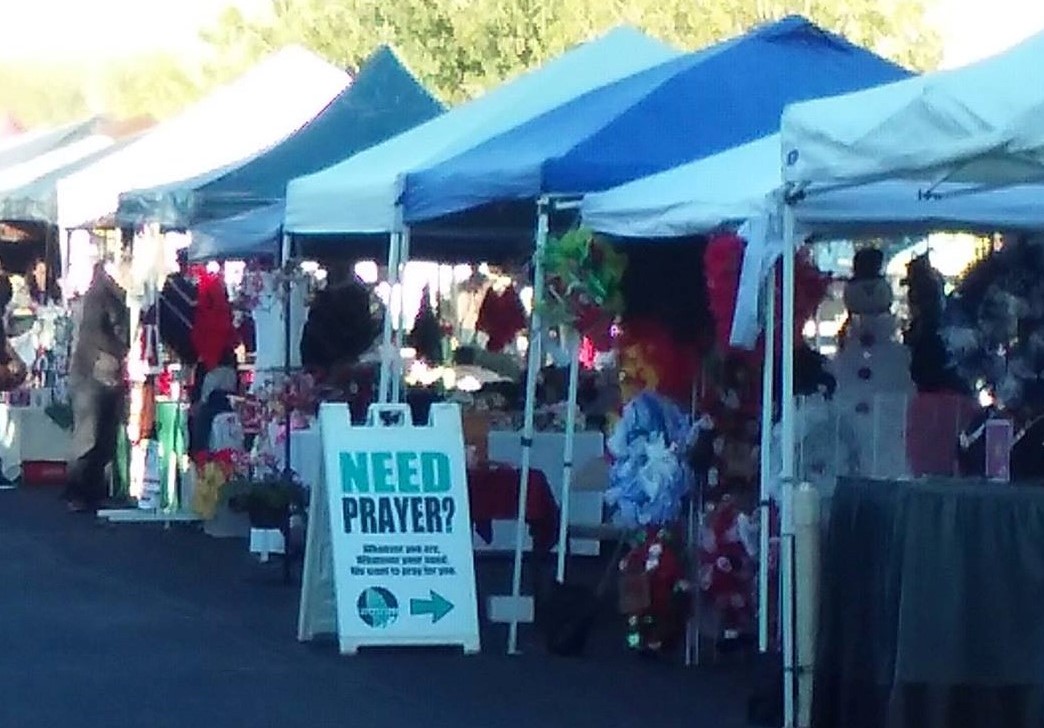Mar 21
2022
Put Your Armor On
 What is the Apostle describing in Ephesians 6:10-17? He's describing life on the battlefield. Conflict. Forces of Evil. Putting on armor. This is the language of warfare, of a battle taking place in which the Ephesian Christians are involved. And if we believe their faith is our faith, if we believe this was and is God's word to his people, then we are on that same battlefield.
What is the Apostle describing in Ephesians 6:10-17? He's describing life on the battlefield. Conflict. Forces of Evil. Putting on armor. This is the language of warfare, of a battle taking place in which the Ephesian Christians are involved. And if we believe their faith is our faith, if we believe this was and is God's word to his people, then we are on that same battlefield.













 Will a genuine follower of Christ, one who has truly been “born again”, a person genuinely filled with the Holy Spirit, struggle with sin? The answer from the New Testament is an emphatic “yes”. And there are many passages that speak to this reality of the believer's struggle with sin. But though many want to offer these verses as evidence and use their language, Romans 7:14-25 isn't one of those passages.
Will a genuine follower of Christ, one who has truly been “born again”, a person genuinely filled with the Holy Spirit, struggle with sin? The answer from the New Testament is an emphatic “yes”. And there are many passages that speak to this reality of the believer's struggle with sin. But though many want to offer these verses as evidence and use their language, Romans 7:14-25 isn't one of those passages. Maybe you've heard this identification before: “Yes, when we were ministering to that homeless gentleman in front of the old firehouse, I knew we were ministering to Jesus himself, just like the Bible says.” Of course the individual in question could be any number of people in need: an incarcerated relative, a child in 'the system', a dying neighbor. But does the New Testament really teach that when we bless such people, we are actually blessing Jesus in disguise?
Maybe you've heard this identification before: “Yes, when we were ministering to that homeless gentleman in front of the old firehouse, I knew we were ministering to Jesus himself, just like the Bible says.” Of course the individual in question could be any number of people in need: an incarcerated relative, a child in 'the system', a dying neighbor. But does the New Testament really teach that when we bless such people, we are actually blessing Jesus in disguise?
 ...When visiting the different, themed sections of Disneyland, Fantasyland is not typically high on my priority list. But even those who enjoy the Tea Cup ride or King Arthur's carousel know there's much more to the Disneyland experience. Think about it: who would pay full price for admission, but then simply cycle through just the ten or eleven rides in Fantasyland? No one. But God's word warns us that, too often, we're the kind of people who do something very similar when it comes to everyday life: we regularly choose to pitch our tent in a land of fantasy rather than reality.
...When visiting the different, themed sections of Disneyland, Fantasyland is not typically high on my priority list. But even those who enjoy the Tea Cup ride or King Arthur's carousel know there's much more to the Disneyland experience. Think about it: who would pay full price for admission, but then simply cycle through just the ten or eleven rides in Fantasyland? No one. But God's word warns us that, too often, we're the kind of people who do something very similar when it comes to everyday life: we regularly choose to pitch our tent in a land of fantasy rather than reality. The fallacies I have in mind are ones that have been circulated over the centuries by what some call popular or folk Christianity. Undoubtedly, these kinds of 'Christian' beliefs can be found in all sorts of categories, not just the one labeled 'Christmas'. But these Christmas fallacies are some of the best known, since they are promoted annually through things like nativity scenes/sets, television and movies, and even Christmas carols.
The fallacies I have in mind are ones that have been circulated over the centuries by what some call popular or folk Christianity. Undoubtedly, these kinds of 'Christian' beliefs can be found in all sorts of categories, not just the one labeled 'Christmas'. But these Christmas fallacies are some of the best known, since they are promoted annually through things like nativity scenes/sets, television and movies, and even Christmas carols. In light of the moral universe revealed by the Scriptures, I suggested modern ideas regarding 'self-forgiveness' make very little sense. But this doesn't mean there are not areas of overlap between biblical concerns and modern, therapeutic concerns. Care for hurting individuals is the common goal. So where are the points of connection, and how does God's word address modern concerns?
In light of the moral universe revealed by the Scriptures, I suggested modern ideas regarding 'self-forgiveness' make very little sense. But this doesn't mean there are not areas of overlap between biblical concerns and modern, therapeutic concerns. Care for hurting individuals is the common goal. So where are the points of connection, and how does God's word address modern concerns? Have you ever heard someone say, “I just can't forgive myself”? If you're a follower of Jesus, than this struggle should stir our hearts to help. But as I think many would agree, we must help in light of God's word. Here's the challenge: while it's a well-known concept in both counseling contexts and popular culture, attentive readers of Scripture know that 'self-forgiveness' is not an explicit concept in the Bible.
Have you ever heard someone say, “I just can't forgive myself”? If you're a follower of Jesus, than this struggle should stir our hearts to help. But as I think many would agree, we must help in light of God's word. Here's the challenge: while it's a well-known concept in both counseling contexts and popular culture, attentive readers of Scripture know that 'self-forgiveness' is not an explicit concept in the Bible. While Christians are not called to keep the day, Yom Kippur can serve as a powerful reminder that this yearly ritual was only a picture of the perfect sacrifice God would provide and did provide through Jesus (cf. Isaiah 53:10).
While Christians are not called to keep the day, Yom Kippur can serve as a powerful reminder that this yearly ritual was only a picture of the perfect sacrifice God would provide and did provide through Jesus (cf. Isaiah 53:10). As we mark the twentieth anniversary of the 9/11 attacks, many people will undoubtedly be reflecting on the significance of what happened two decades ago and how it should shape our outlook today. While historians, security analysts, and those who focus on foreign affairs have had and will have a lot to discuss, it's just as important to reflect on the spiritual significance of those tragic events.
As we mark the twentieth anniversary of the 9/11 attacks, many people will undoubtedly be reflecting on the significance of what happened two decades ago and how it should shape our outlook today. While historians, security analysts, and those who focus on foreign affairs have had and will have a lot to discuss, it's just as important to reflect on the spiritual significance of those tragic events. Current events and culture wars can easily push faith concerns to the side. But equally dangerous is when the media's “what matters most” begins to shape our faith instead of sidelining it.
Current events and culture wars can easily push faith concerns to the side. But equally dangerous is when the media's “what matters most” begins to shape our faith instead of sidelining it.